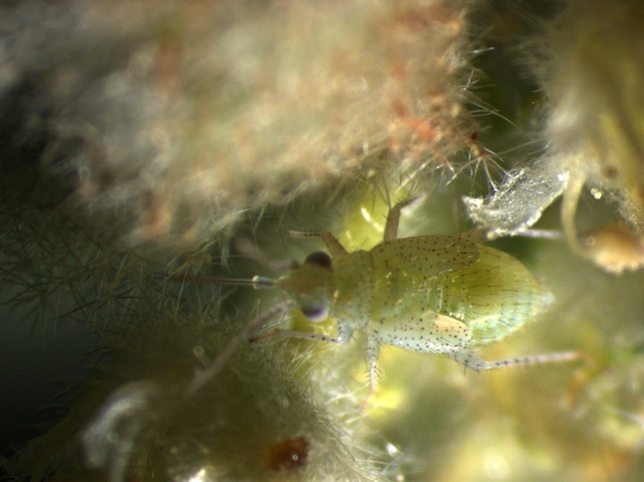Welcome To The Medina Lab
 Our research interests center on the role that ecological factors play in the population genetics of insects. We are currently assessing how common host-associated differentiation (HAD) is in nature as well as exploring the factors that may explain its existence. Host-associated differentiation is the formation of host-associated lineages. These host-associated lineages can occur in herbivorous insects associated with different host-plant species as well as in parasitoids associated with different host-plant complexes.
Our research interests center on the role that ecological factors play in the population genetics of insects. We are currently assessing how common host-associated differentiation (HAD) is in nature as well as exploring the factors that may explain its existence. Host-associated differentiation is the formation of host-associated lineages. These host-associated lineages can occur in herbivorous insects associated with different host-plant species as well as in parasitoids associated with different host-plant complexes.
HAD has been postulated as a process explaining insect staggering biodiversity thus, increasing our knowledge on HAD will improve our understanding of insect biodiversity. Another important component of our research addresses how the understanding of microevolution and ecological genetics may impact pest control practices in agro-ecosystems. The importance of micro-evolutionary forces in agricultural systems should not be underestimated. Understanding how ecological interactions (e.g. plant-insect, predator-prey, parasitoid-host interactions) affect the genetic population structure (i.e., the genetic differentiation of populations) of insect pests and their predators will improve the way we control pest species in agro-ecosystems.